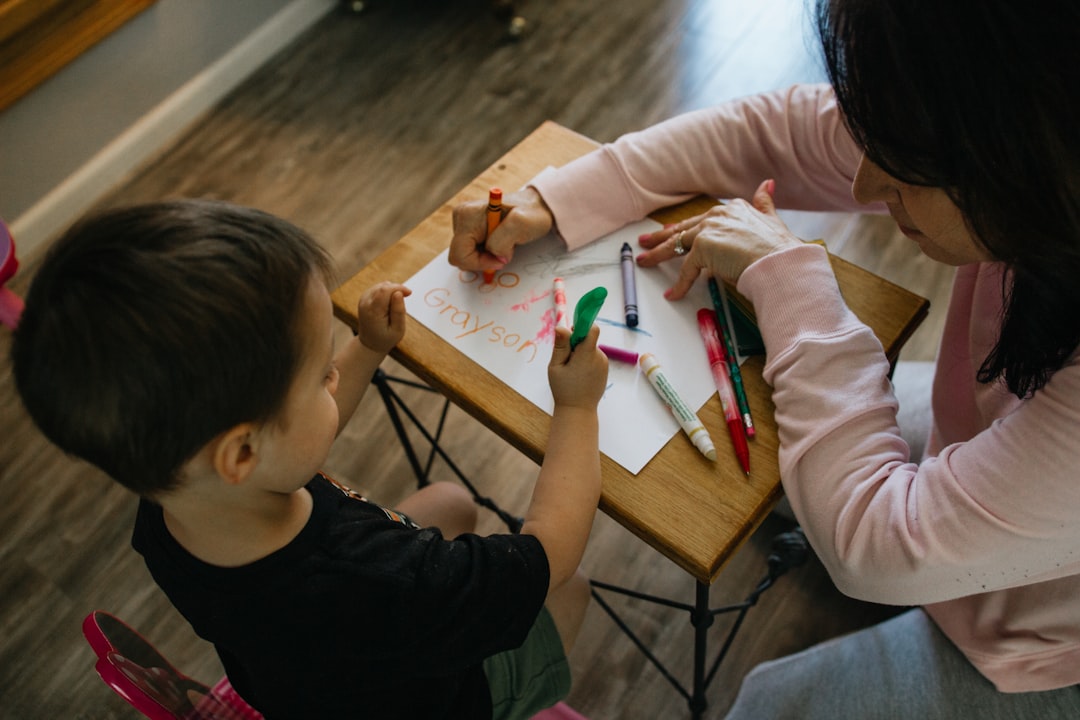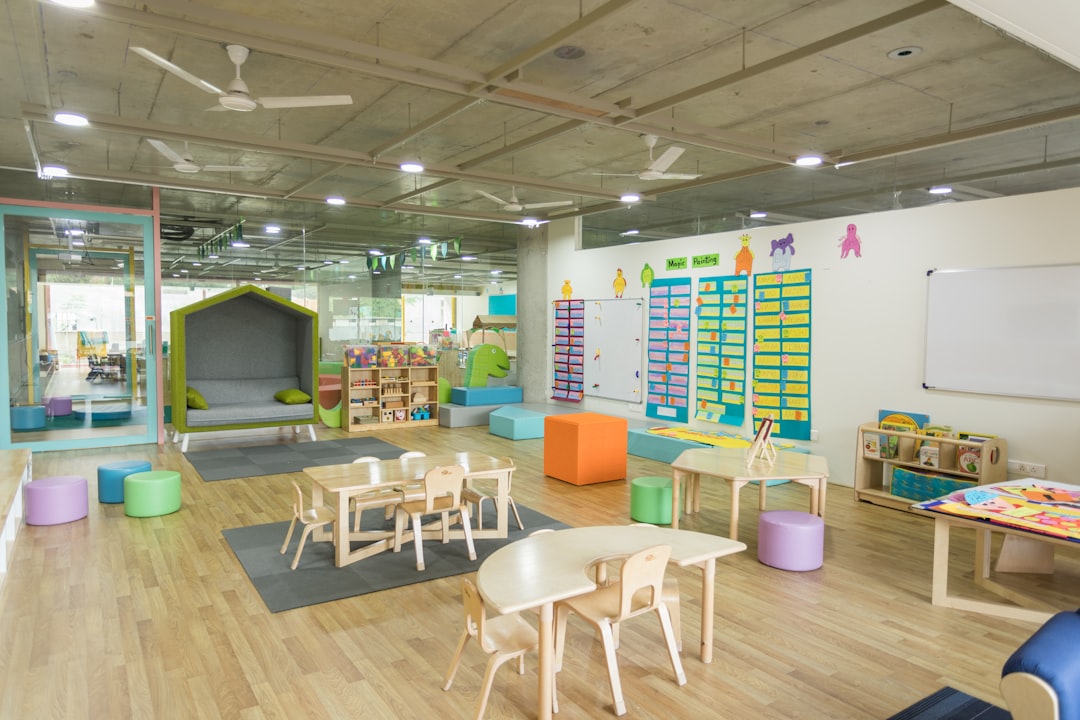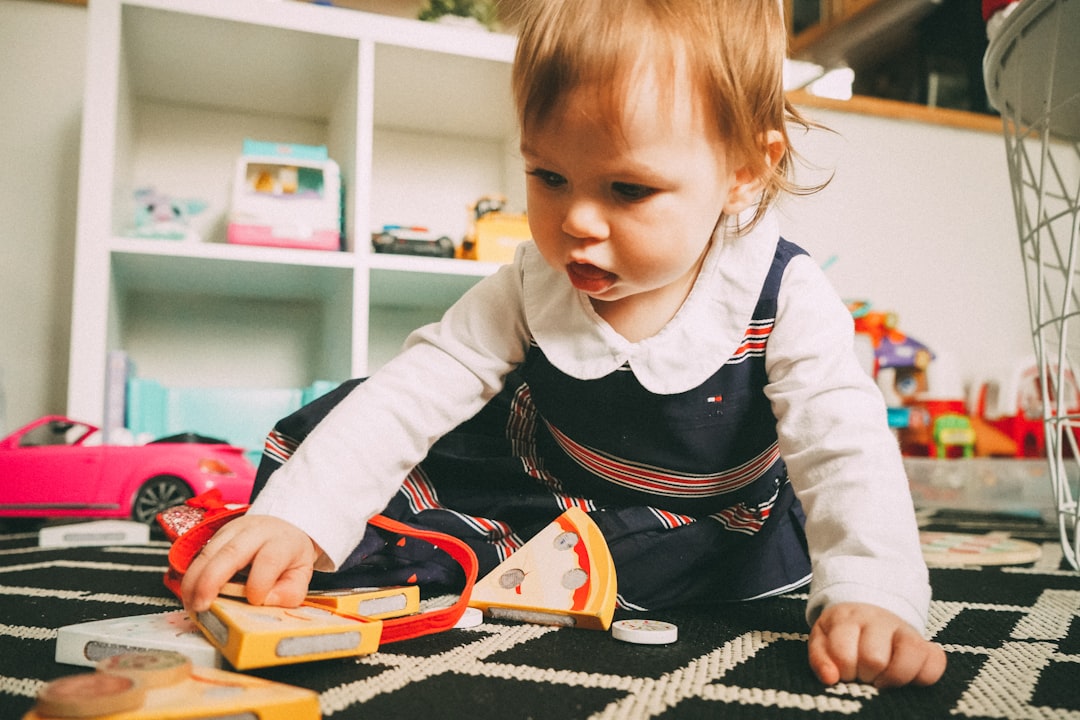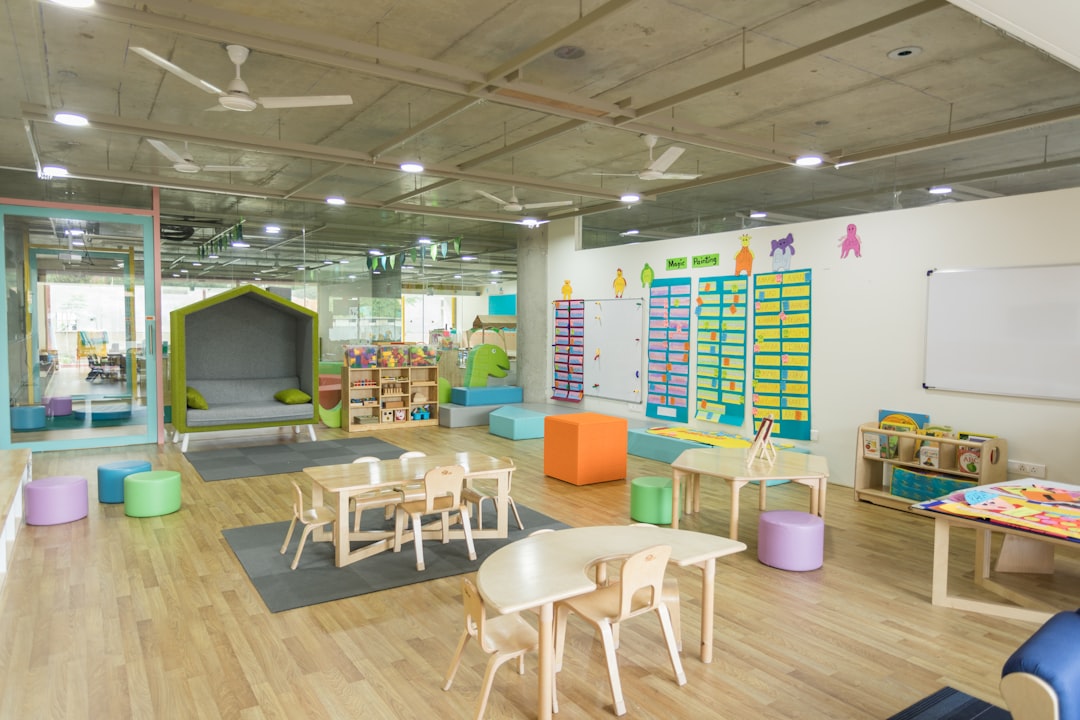“In Atlanta, where families rely on quality care, daycare abuse can leave lasting scars. Understanding this complex issue is crucial for recognizing signs and knowing your legal rights. This article guides parents through the journey of seeking justice with an Atlanta daycare abuse lawyer, who plays a vital role in navigating intricate cases. We explore the legal process in Georgia, including steps to file a lawsuit, while also offering support resources for survivors. Don’t let abuse go unaddressed; discover how a dedicated lawyer can make a difference.”
Understanding Daycare Abuse: Recognizing Signs and Legal Rights
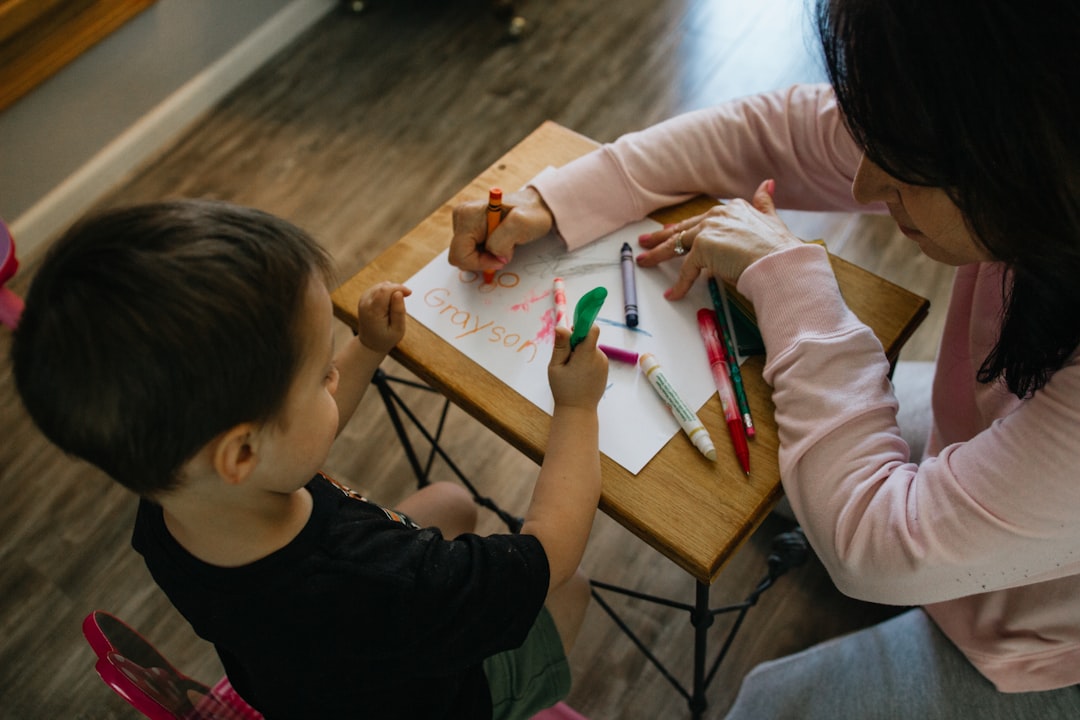
Daycare abuse is a serious issue that can have lasting impacts on young children. Recognizing signs of abuse and understanding one’s legal rights is crucial for Atlanta parents and caregivers. A daycare abuse lawyer in Atlanta, GA, can provide guidance and support to families who have experienced such trauma.
There are various forms of daycare abuse, including physical, emotional, and sexual abuse, as well as neglect. Signs may include unusual behavior changes, fear of going to daycare, unexplained injuries, or sudden withdrawal from social activities. If you suspect any form of abuse, it’s essential to document incidents, take photos of injuries, and gather evidence. A knowledgeable Atlanta daycare abuse lawyer can help navigate the legal process, ensuring that justice is served and victims receive the compensation they deserve.
The Role of an Atlanta Daycare Abuse Lawyer: Navigating Complex Cases
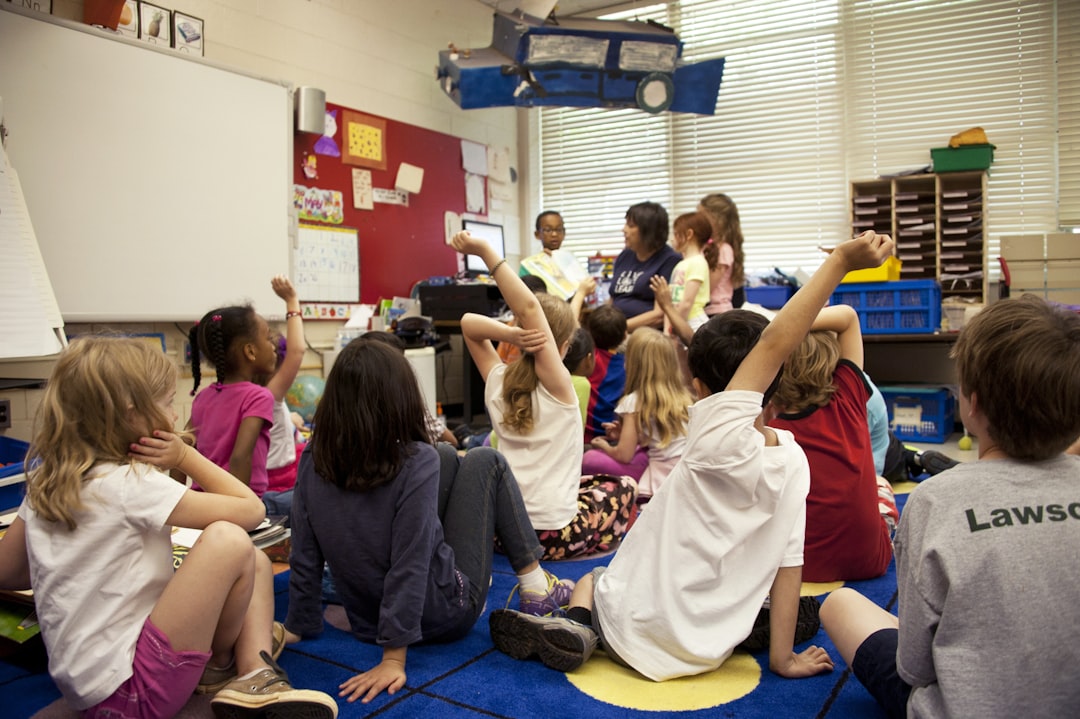
In Atlanta, a daycare abuse lawyer plays a pivotal role in advocating for victims and their families. These legal professionals are experts in navigating complex cases involving child neglect or physical, emotional, or sexual abuse within daycare settings. They possess an in-depth understanding of Georgia’s laws and regulations pertaining to child welfare, which is essential for building robust legal strategies.
Daycare abuse lawyers in Atlanta GA meticulously gather evidence, interview witnesses, and consult with medical professionals to strengthen their cases. They represent clients not only in court but also during negotiations with insurance companies or daycare operators, ensuring that the rights of the victims are protected. Their expertise helps bring justice to families affected by daycare abuse, offering a sense of closure and accountability for the perpetrators.
Legal Process for Filing a Lawsuit Against Daycares in Georgia
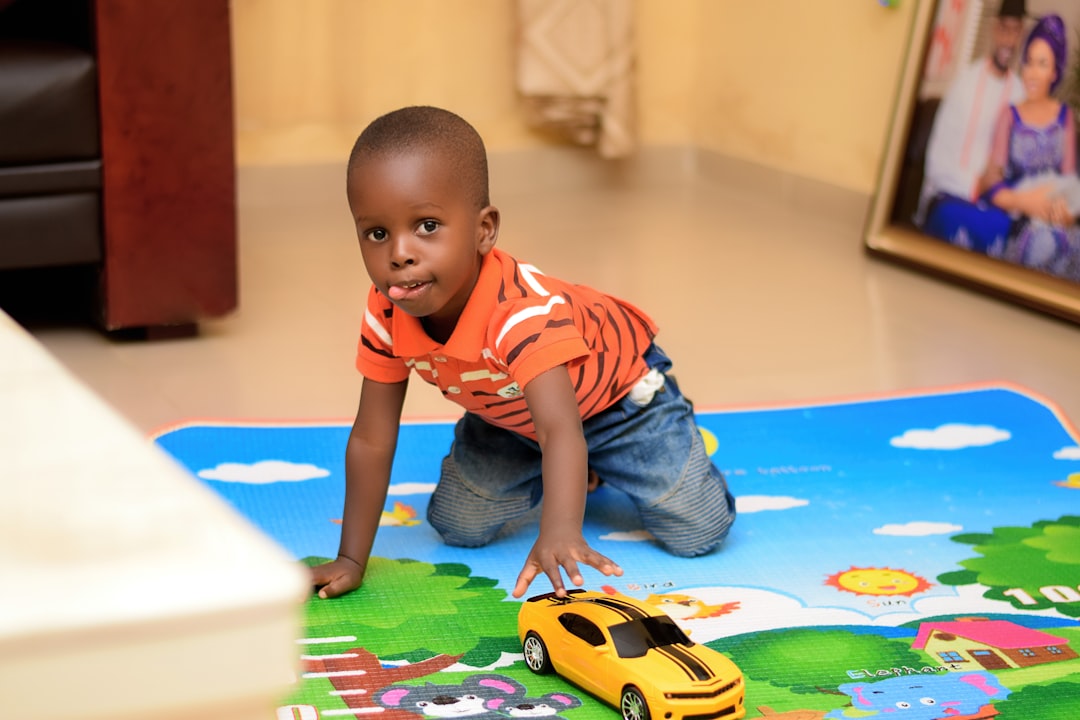
When filing a lawsuit against a daycare facility in Georgia, it’s crucial to understand the legal process. The first step involves gathering evidence, including medical records, witness statements, and any relevant surveillance footage or documents. A daycare abuse lawyer in Atlanta, GA, will help you navigate this process, ensuring all necessary paperwork is completed accurately and within the statute of limitations.
Next, you’ll file a complaint with the appropriate court, stating the claims against the daycare. This typically includes allegations of negligence, intentional harm, or violations of state laws regulating childcare. Once filed, the defendant (daycare) will be served with the complaint, prompting them to respond. From here, the case proceeds through discovery, where both parties exchange information and evidence, followed by potential mediation or trial.
Supporting Survivors: Resources and Steps After Daycare Abuse Incident
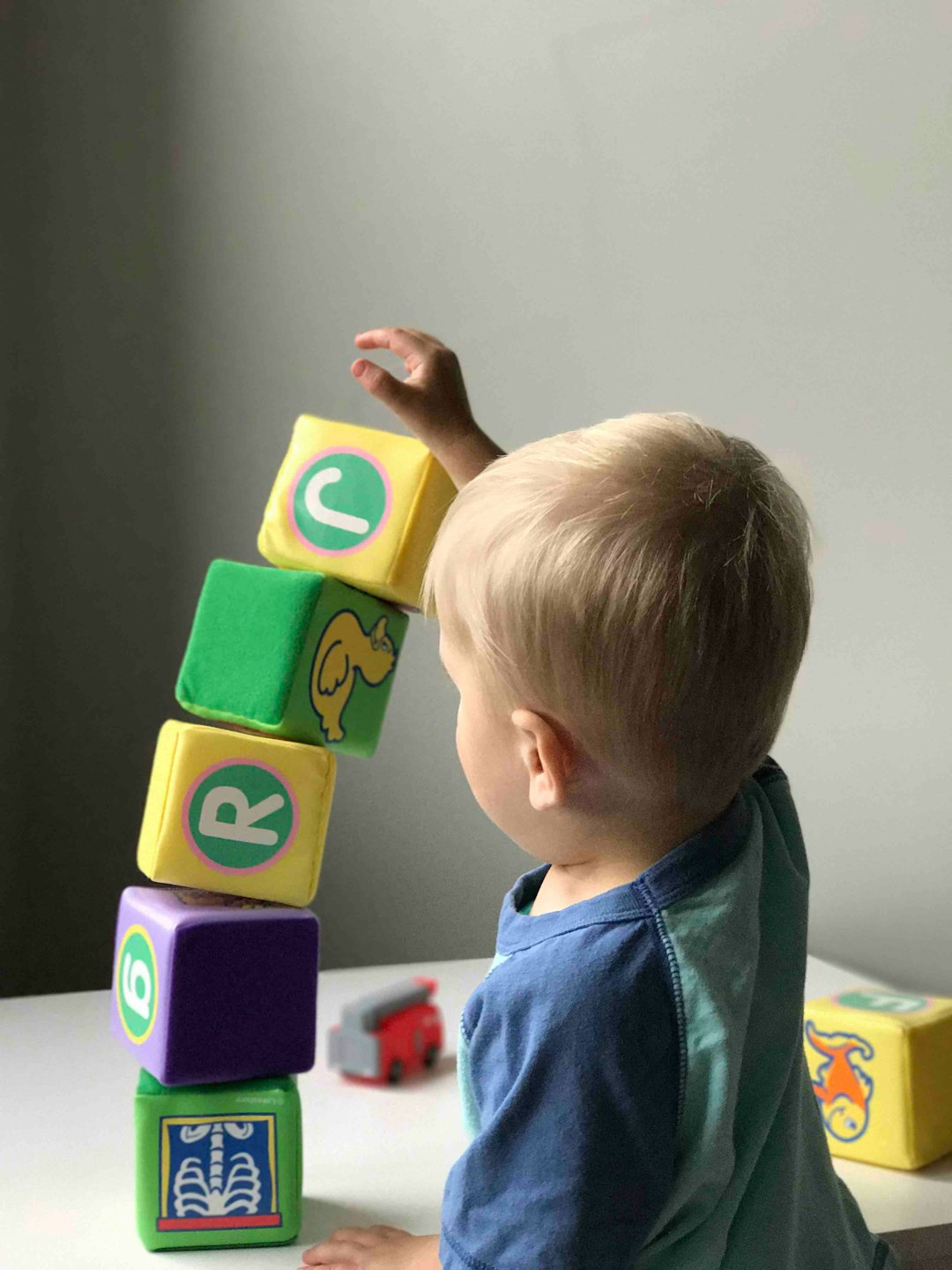
When a child experiences abuse or neglect at a daycare center, it can have profound and lasting effects on their physical and emotional well-being. As such, supporting survivors is an essential step in ensuring they receive the care and justice they deserve. For parents or guardians who suspect their child has been abused, the first course of action is to remove them from the immediate situation and seek medical attention if necessary.
In Atlanta GA, connecting with a dedicated daycare abuse lawyer can provide crucial guidance and resources. They can help navigate legal options, offer support throughout the process, and ensure that the responsible parties are held accountable. This may include pressing charges, negotiating settlements, or representing the victim in court to secure justice and compensation for any trauma suffered. There are also various organizations and hotlines available to offer counseling, emotional support, and other necessary aid to both survivors and their families.

